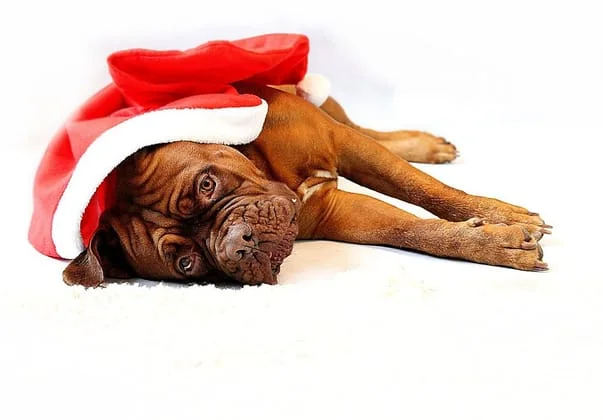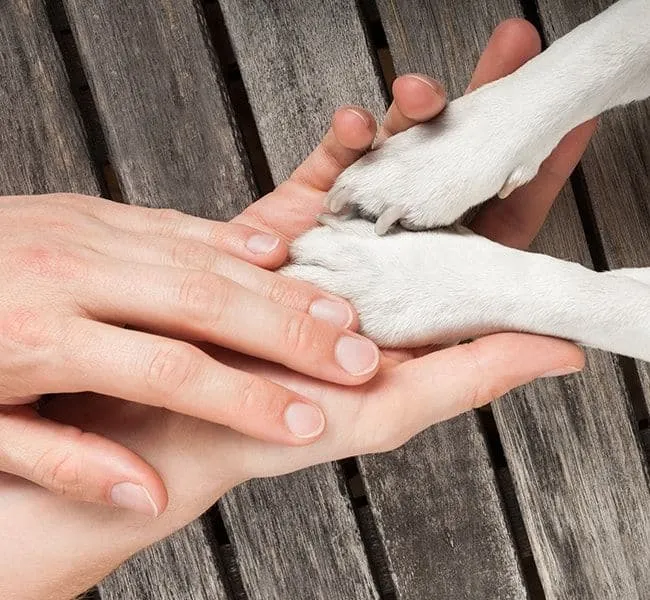While it might seem that pets have an apparent resistance and invulnerability to the cold, especially on their paws, the reality is the truth. Dog and cat paws are just as vulnerable to heat and cold as humans. Their paw pads are thick and callused from regular use, but the elements win at the end of the day. And when animals regularly walk on their paws outside, being exposed to anything on the ground, the pads dry out and crack. Alternatively, animals that spend extensive time inside haven’t built up the callus thickness for resistance and are also vulnerable to extreme temperatures.
Grooming Helps Paws
Promoting lots of fur for paws needs to be corrected. It traps grit and dirt, negatively impacting the feet. Keeping the hair short gives maximum contact with the ground and minimal determination. In addition, it prevents the hair from icing during extreme cold.
Along the same lines, trimming the claws helps avoid spreading the paw too much, especially on hard ground. When the foot spreads out, more sensitive skin is exposed to heat or cold and can suffer contact damage.
For regular treatment before and after exposure outside, pets should have a balm applied to their paw pads. If no bag balm is available, Vaseline can be used instead. Both will help the paw pads prevent cracking, which can be extremely painful and prone to infection.
Protective Covering
In harsh cold or heat, paw pads work well. They are shoes for your pet. Generally, cats won’t adopt them. Dogs, however, get used to paw pads quickly and adjust. Many dogs will become so accustomed to their paw covers, they may even bring them to a human to signal they want to go outside. The nice thing about the design is that a built-in Velcro strap keeps the paw cover in place, regardless of the dog running around a lot. And the thicker cover sole protects the feet and helps the animal avoid direct contact with street salt and de-icing chemicals regularly used to melt snow on roads and sidewalks. Both types of snow treatments can be poisonous through contact and paw-licking.
Common Injuries with Exposure
Dogs and cats are not immune to the cold or heat. More than one veterinarian has seen frostbite and hypothermia from exposure to cold. In addition, their pads are prone to cracking and blistering when dried out from heat or harsh chemicals.
Call Our Office Today
If your pet shows any of these signs, getting the animal inside and treating the affected paws is critical. Fort Mill Animal Hospital in Fort Mill, SC, can help in severe cases and injuries. Our veterinarian team can treat your pet and provide valuable guidance on avoiding paw injuries in the future. Call us at (803) 547-2014 to schedule an appointment!



